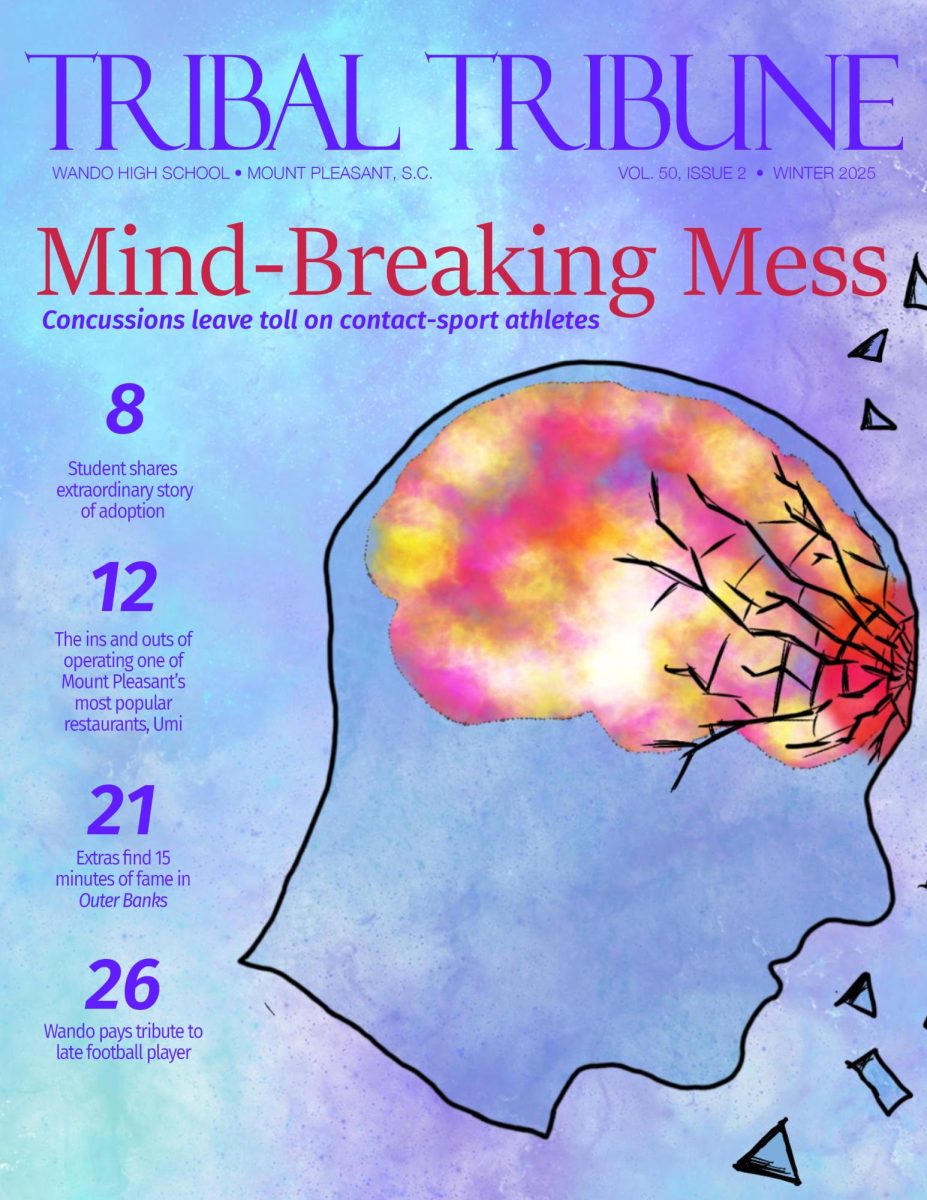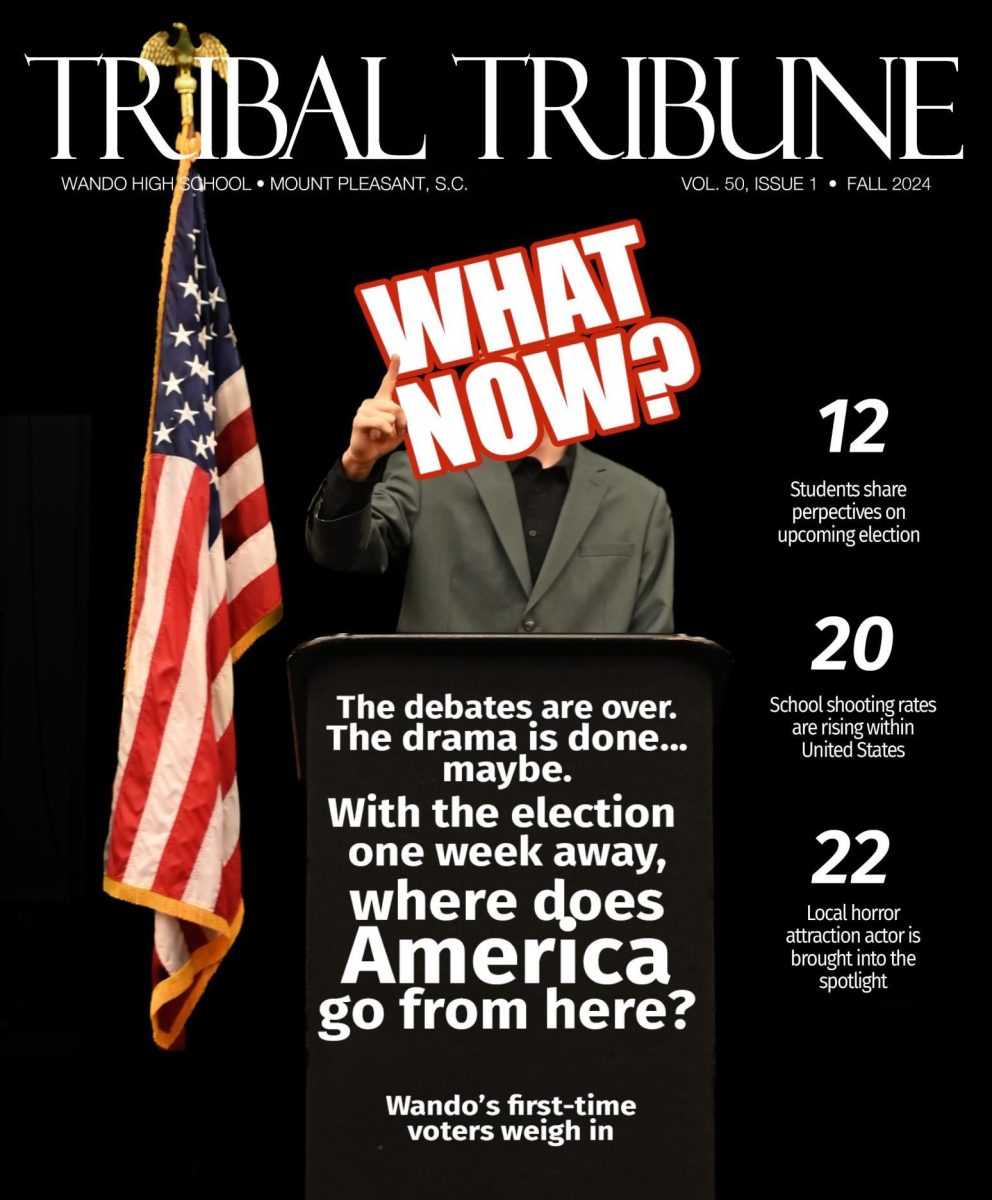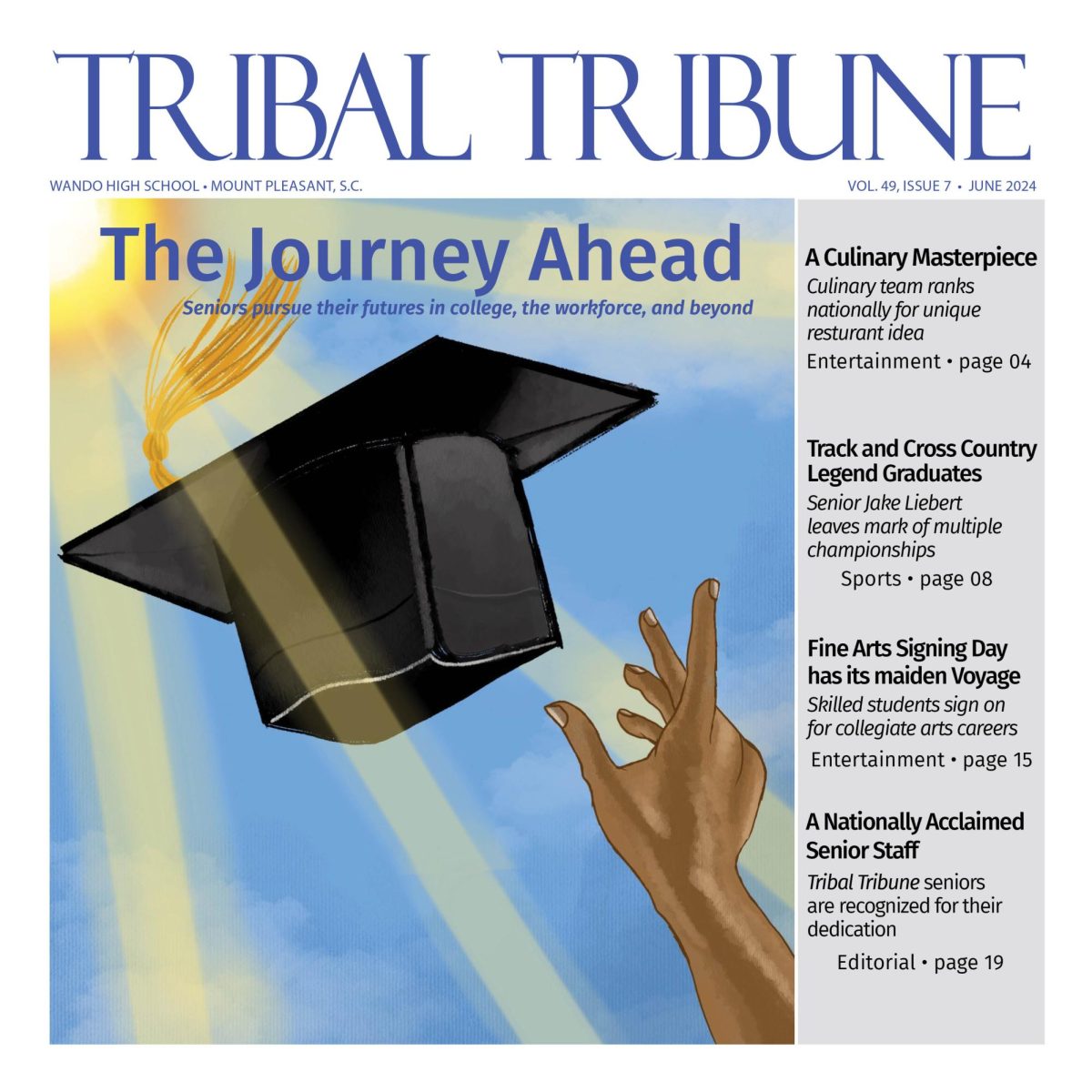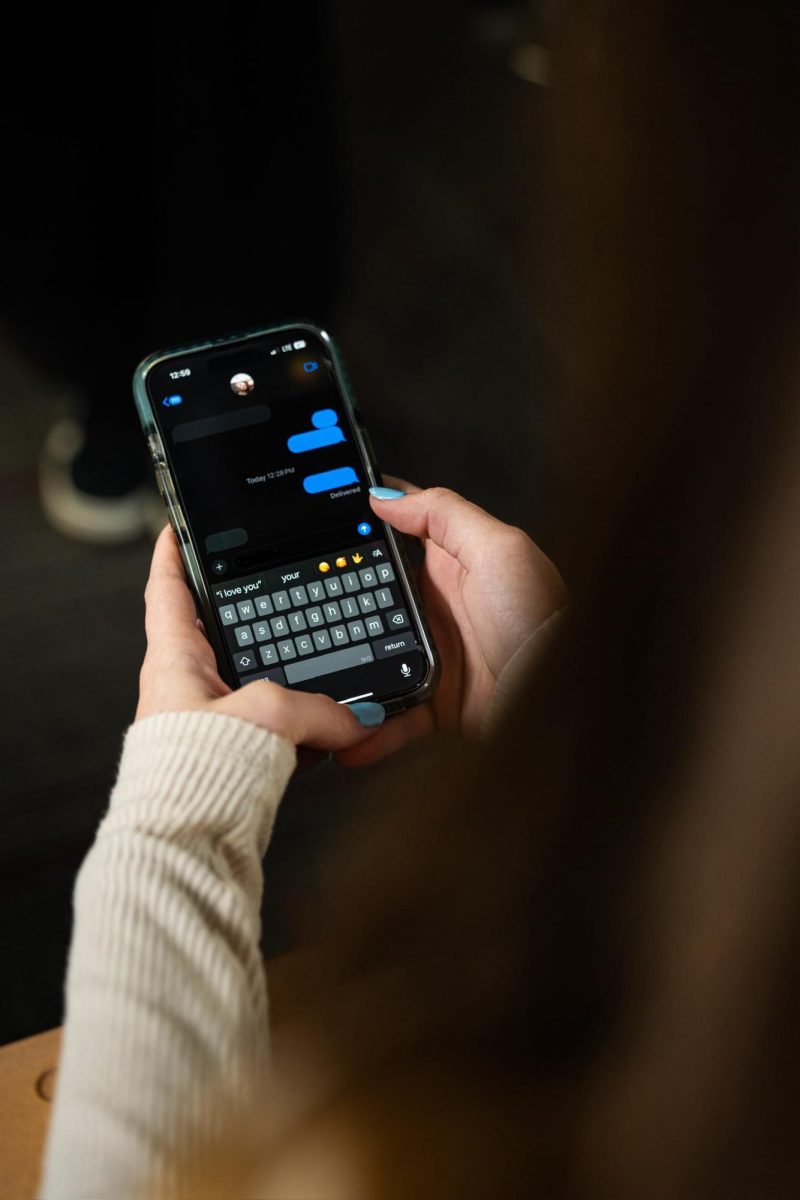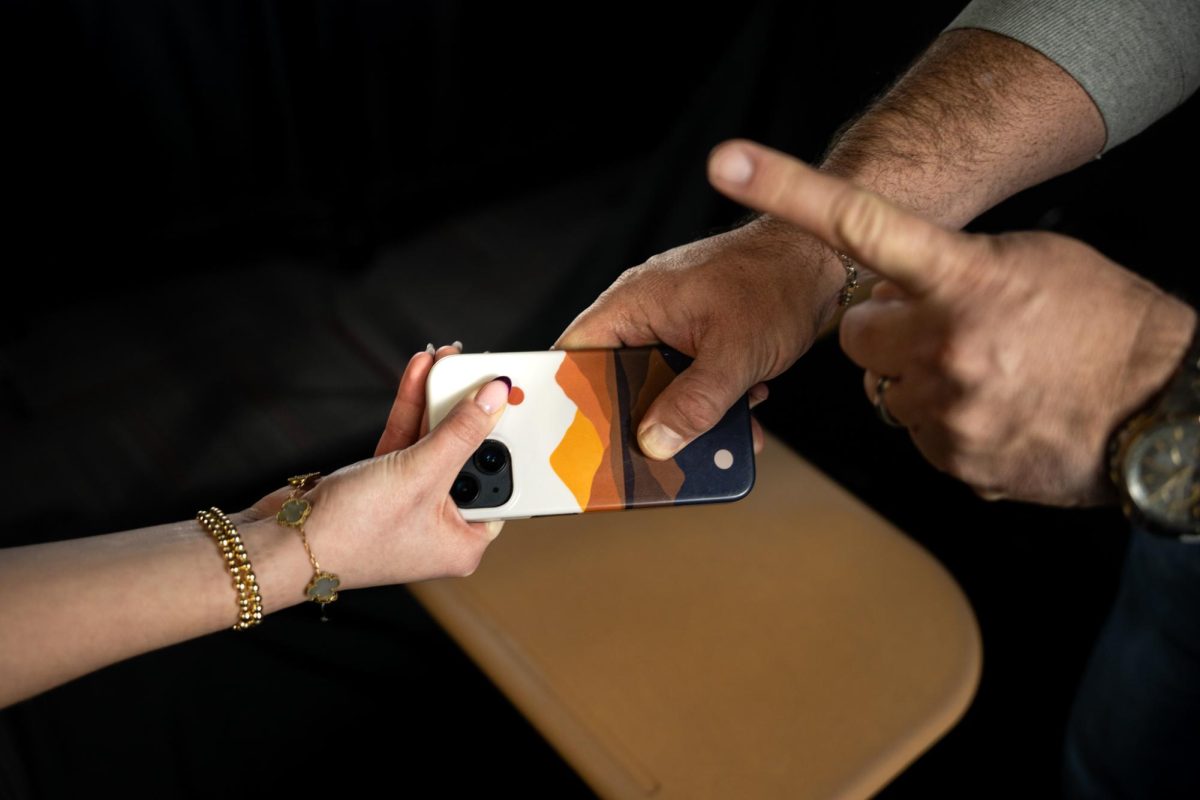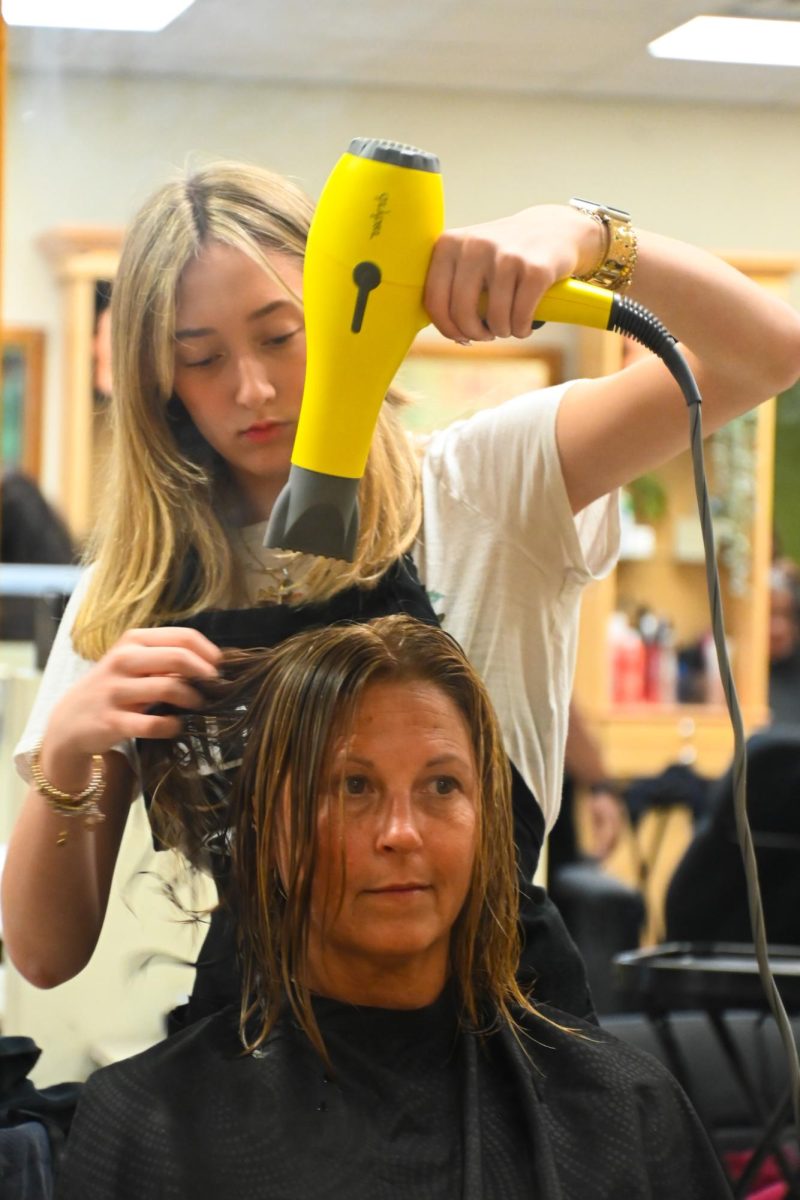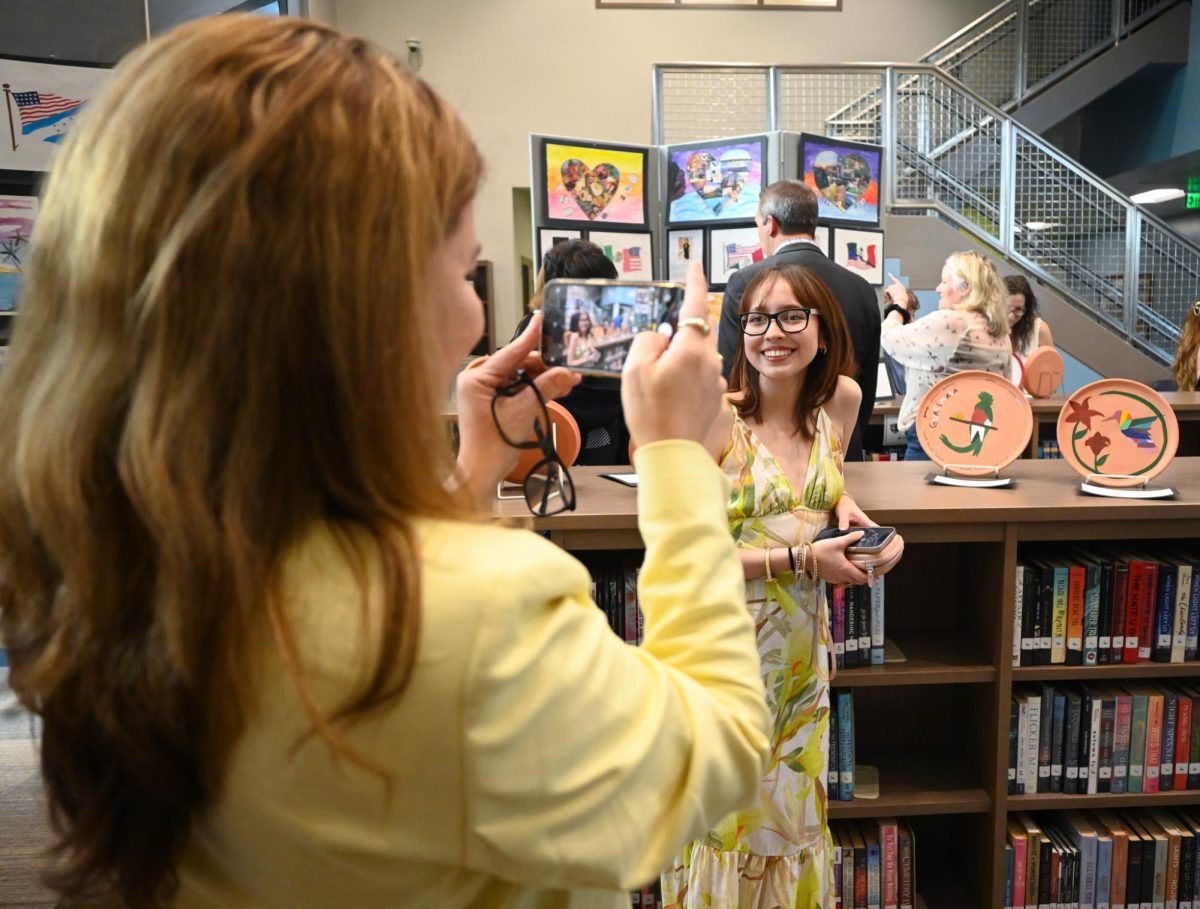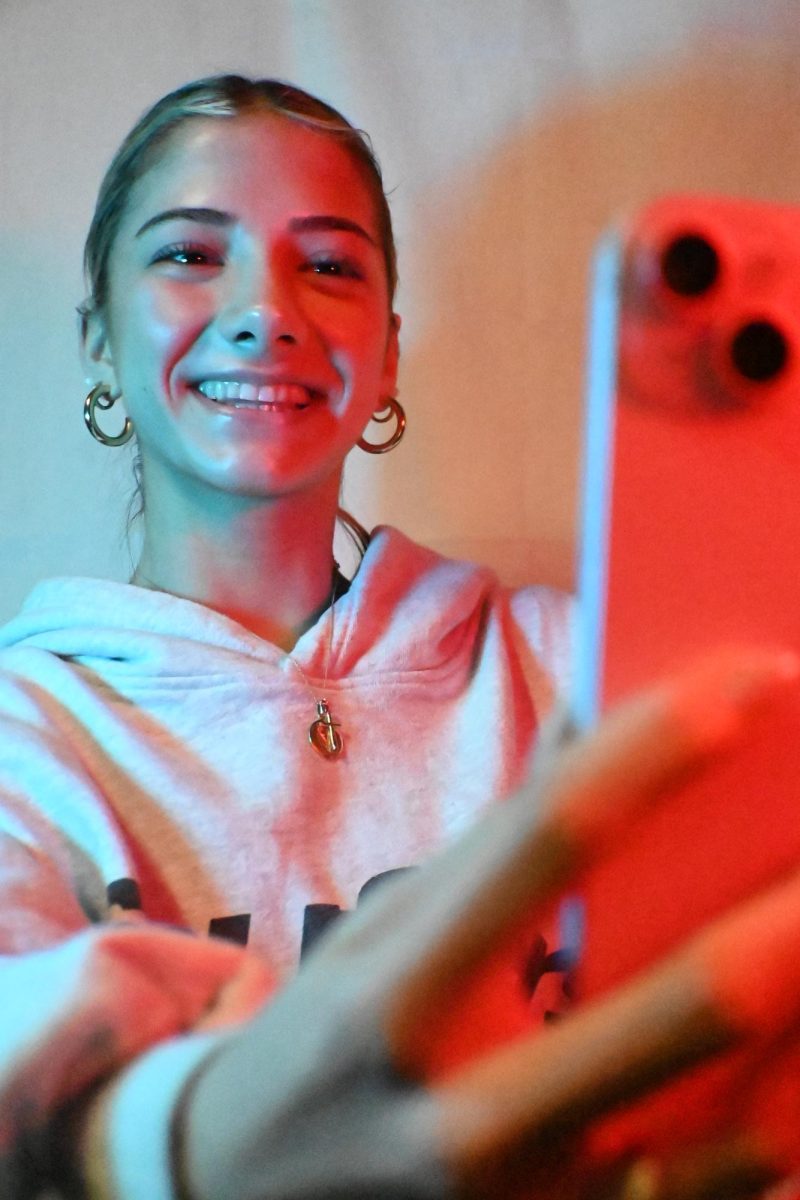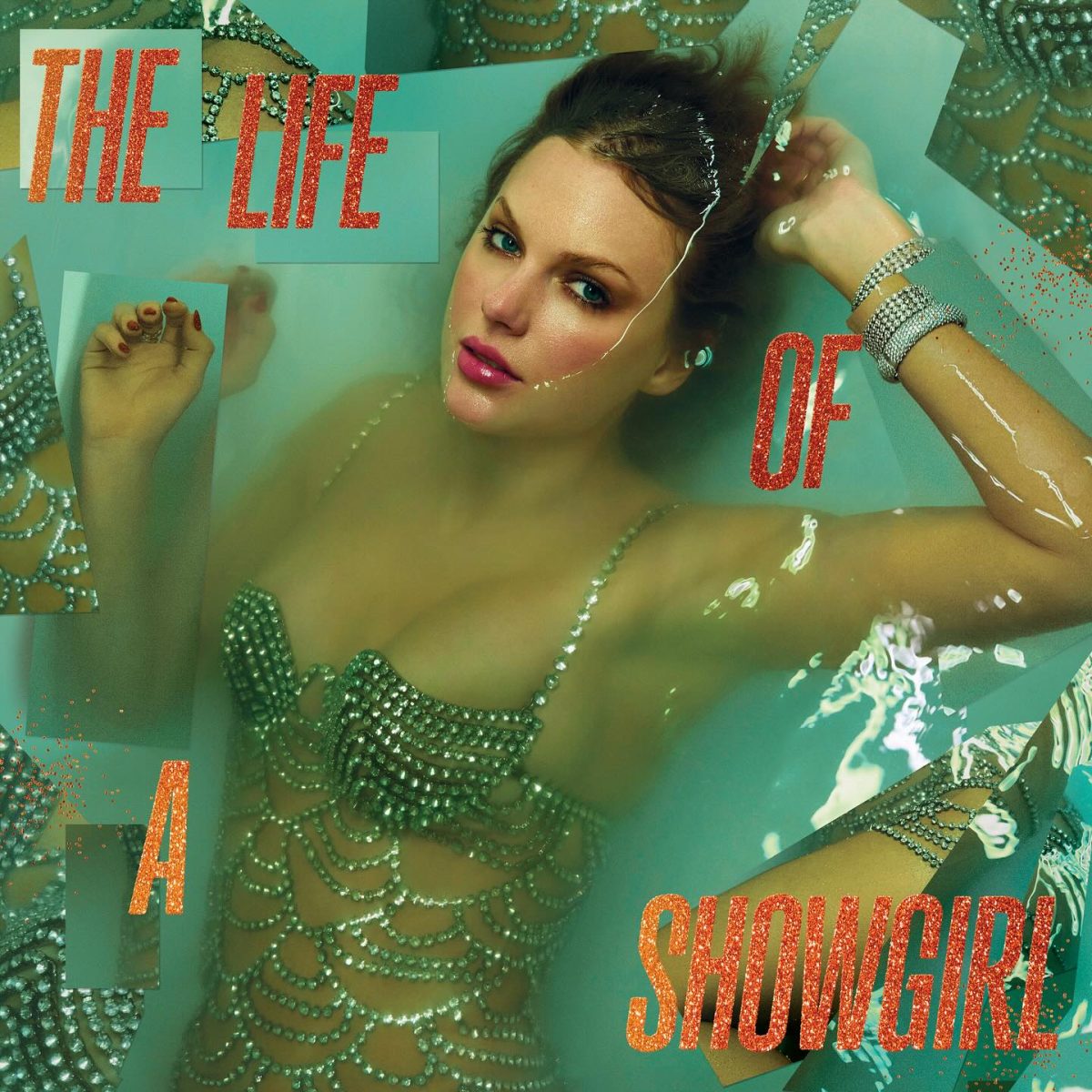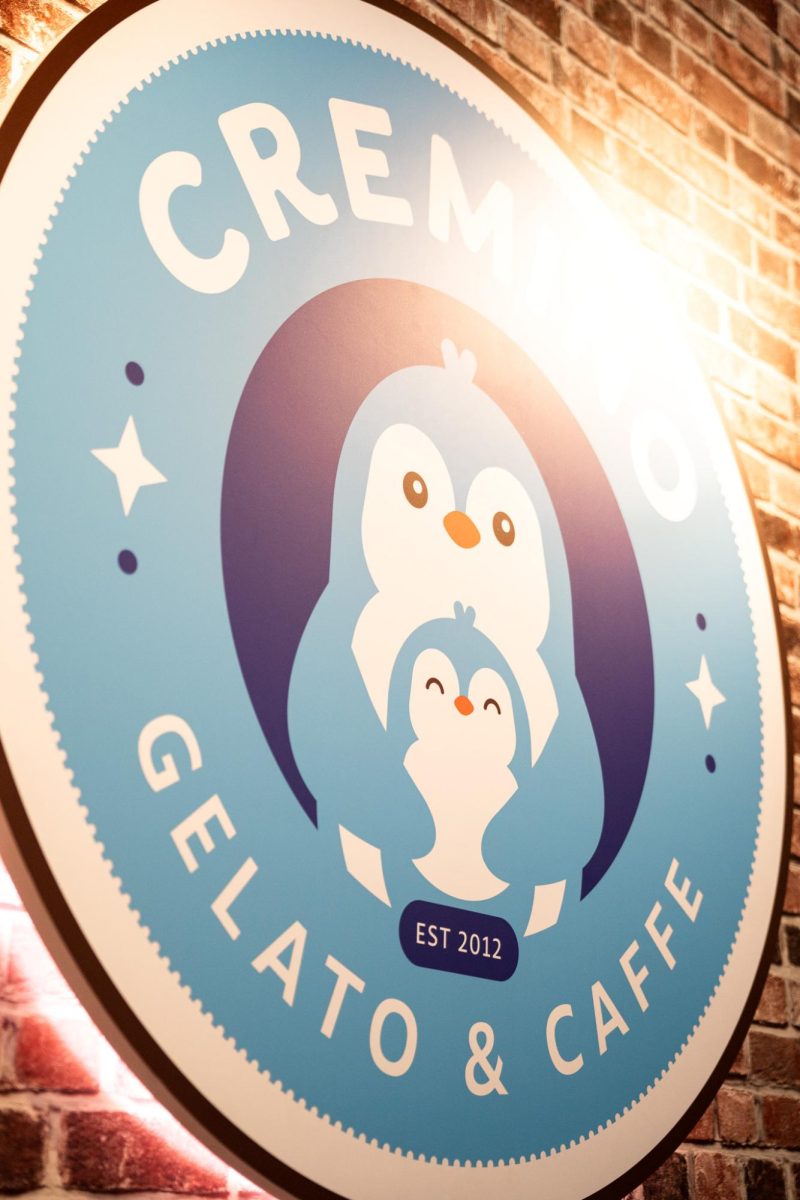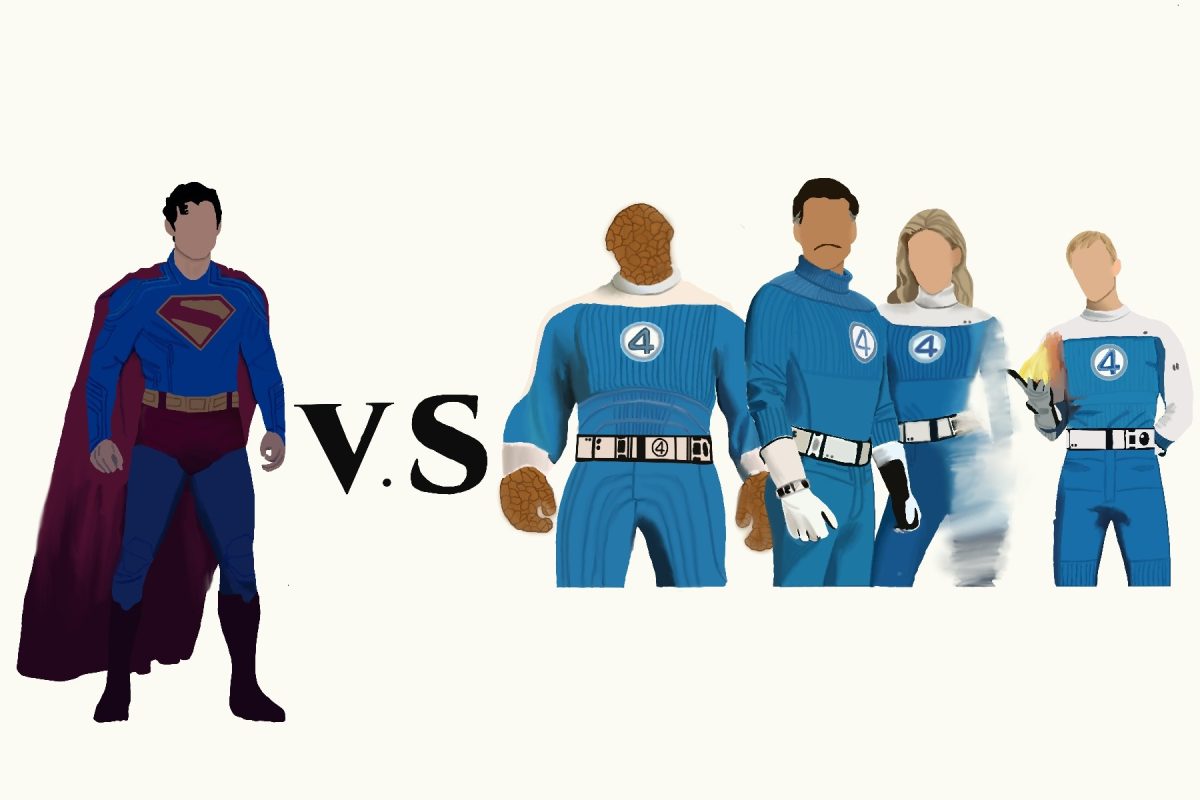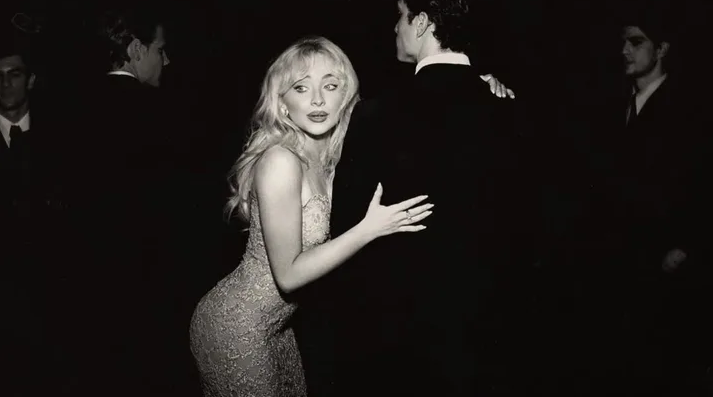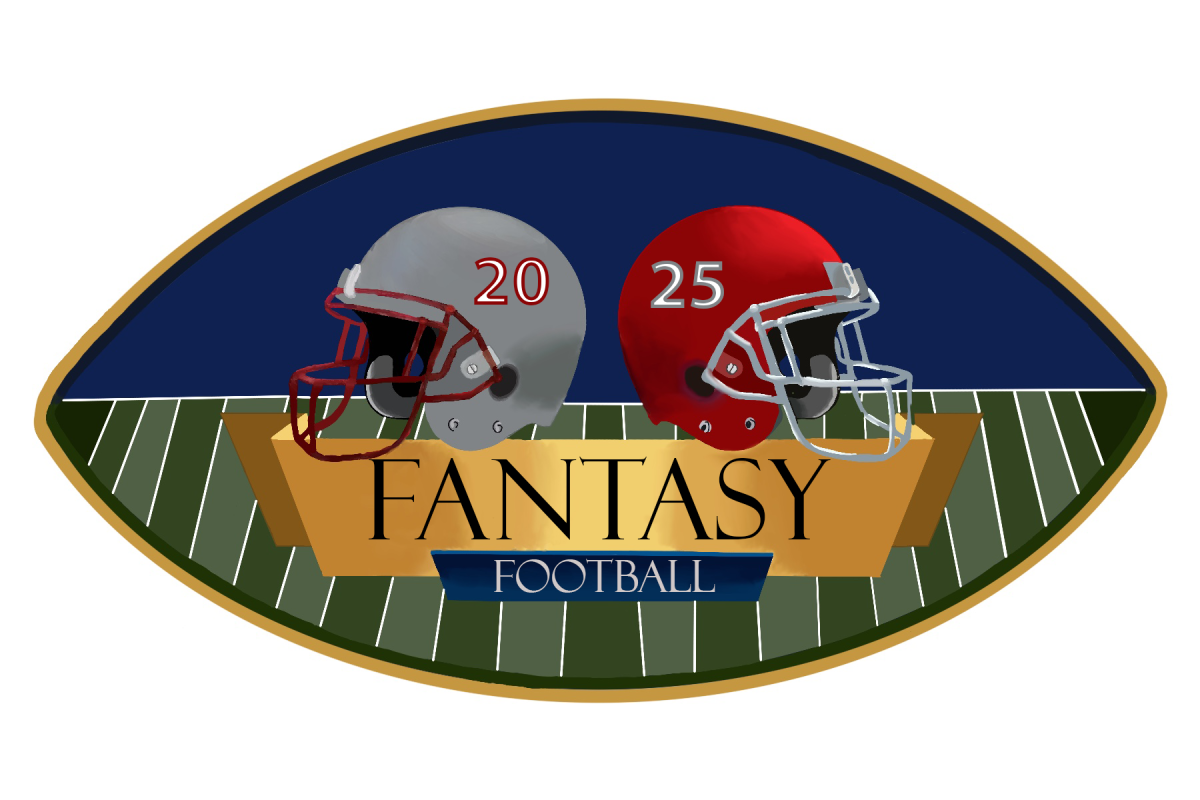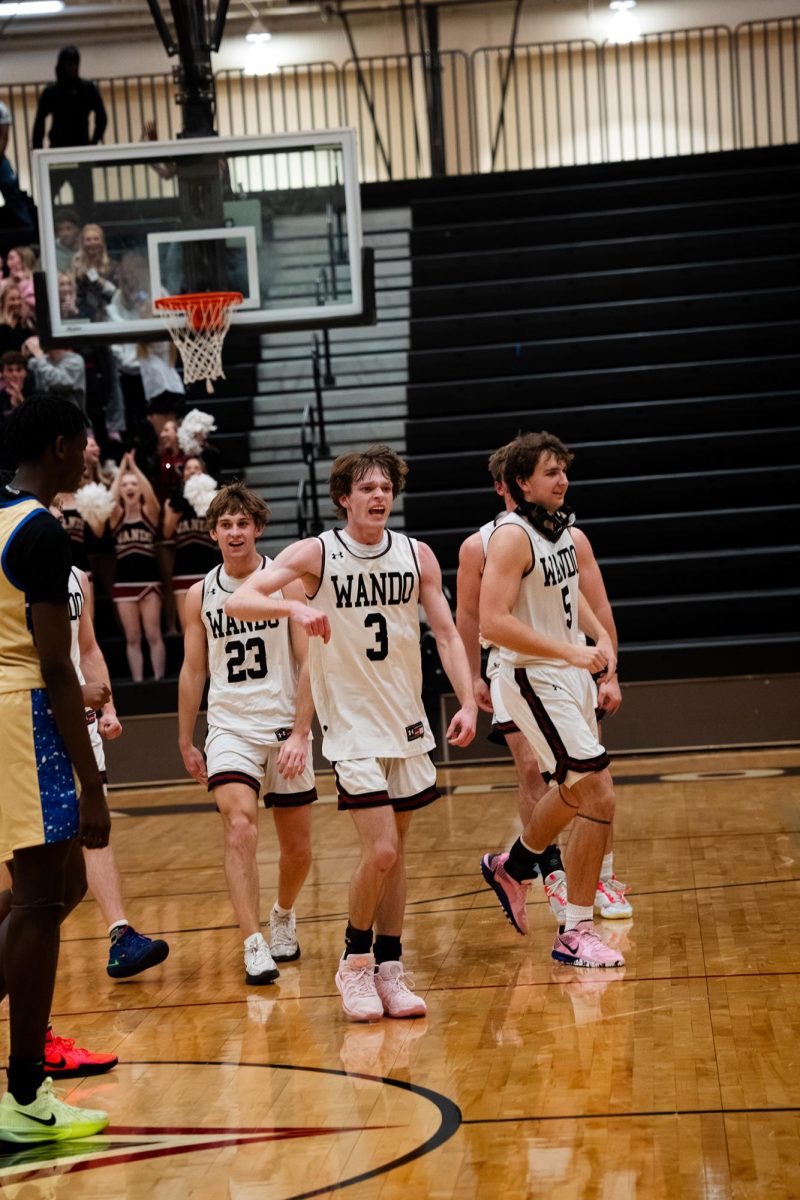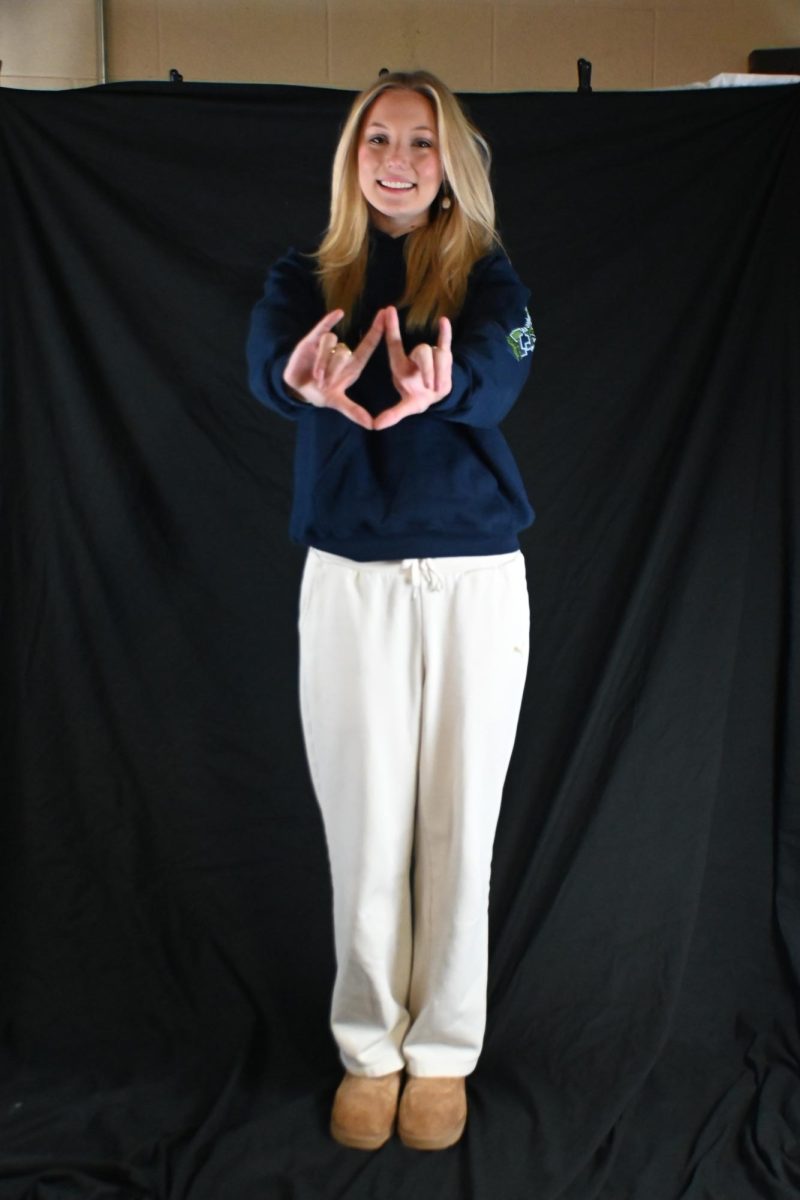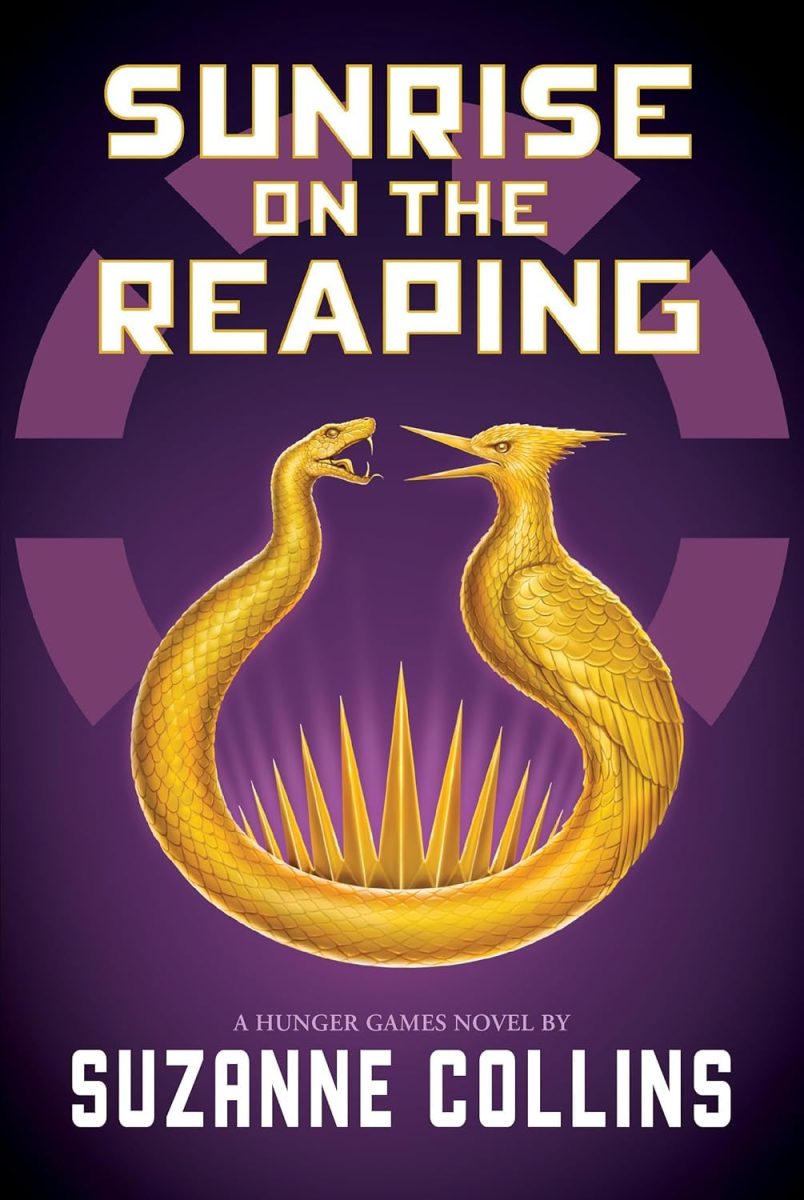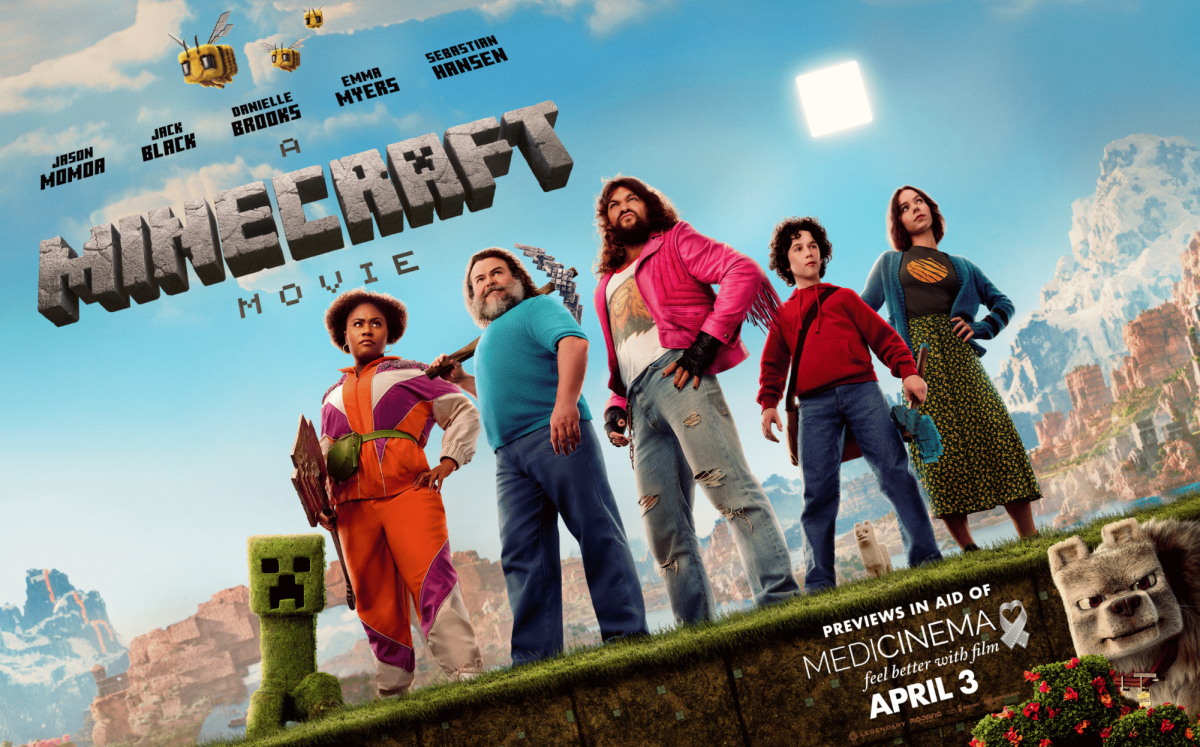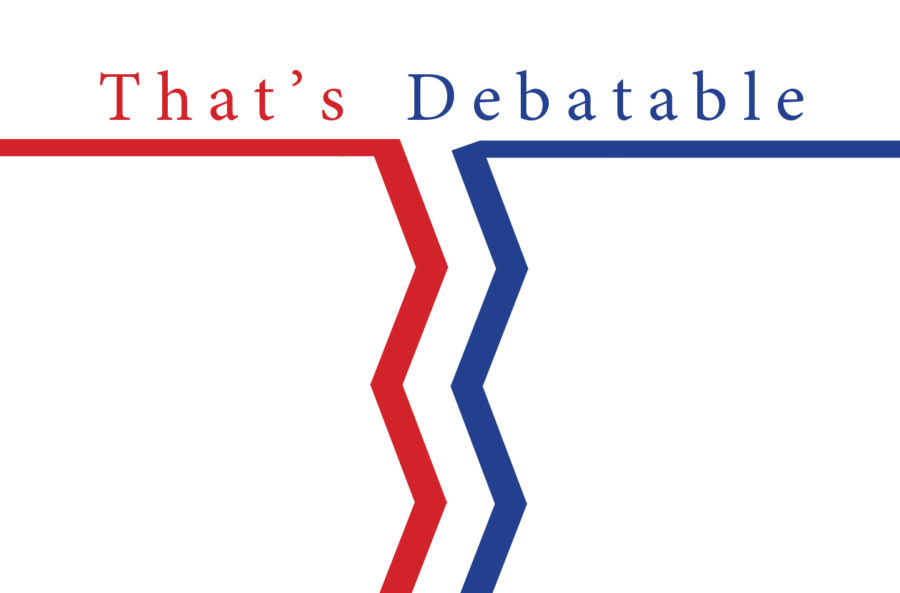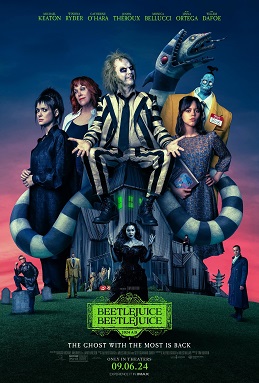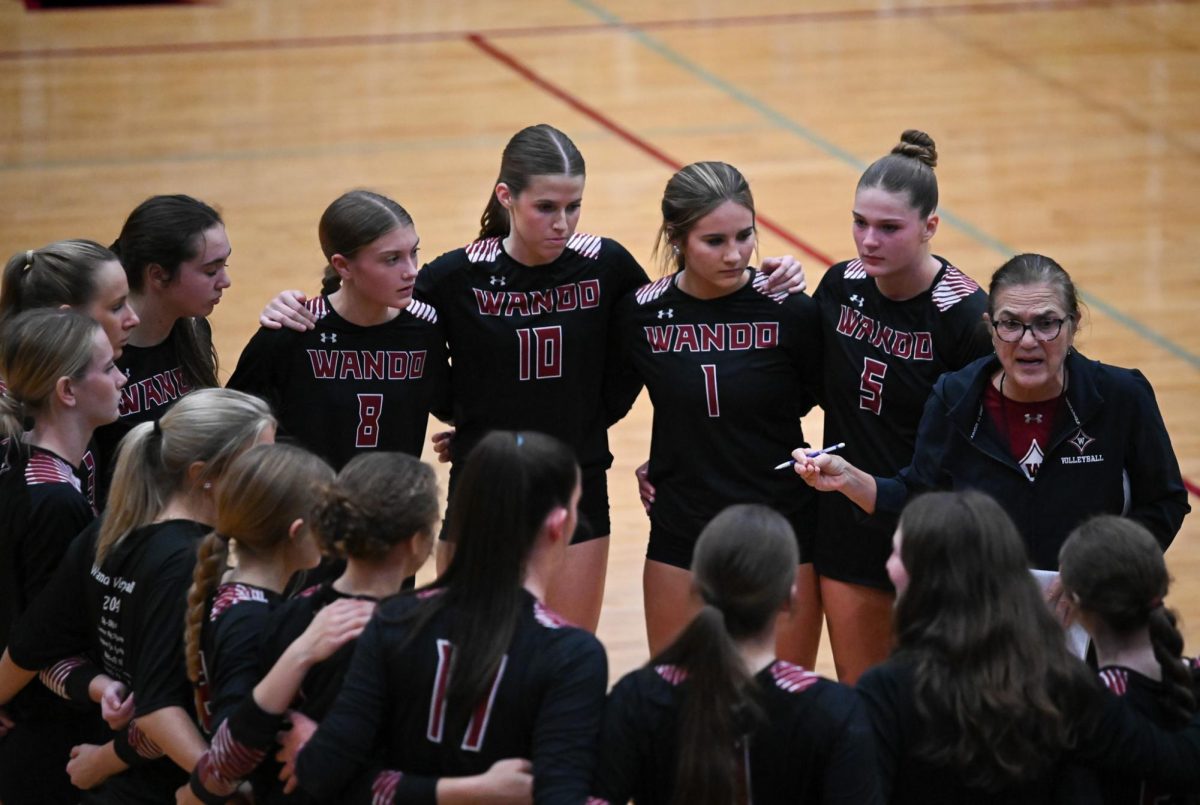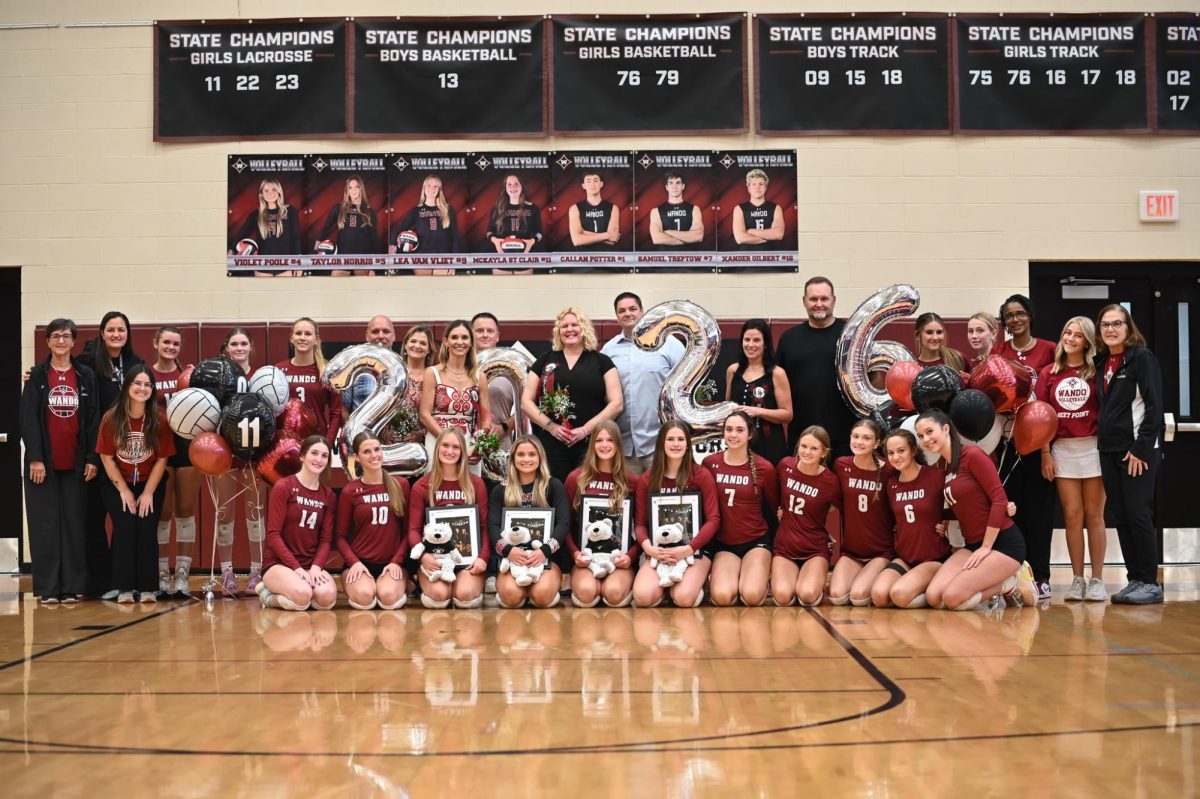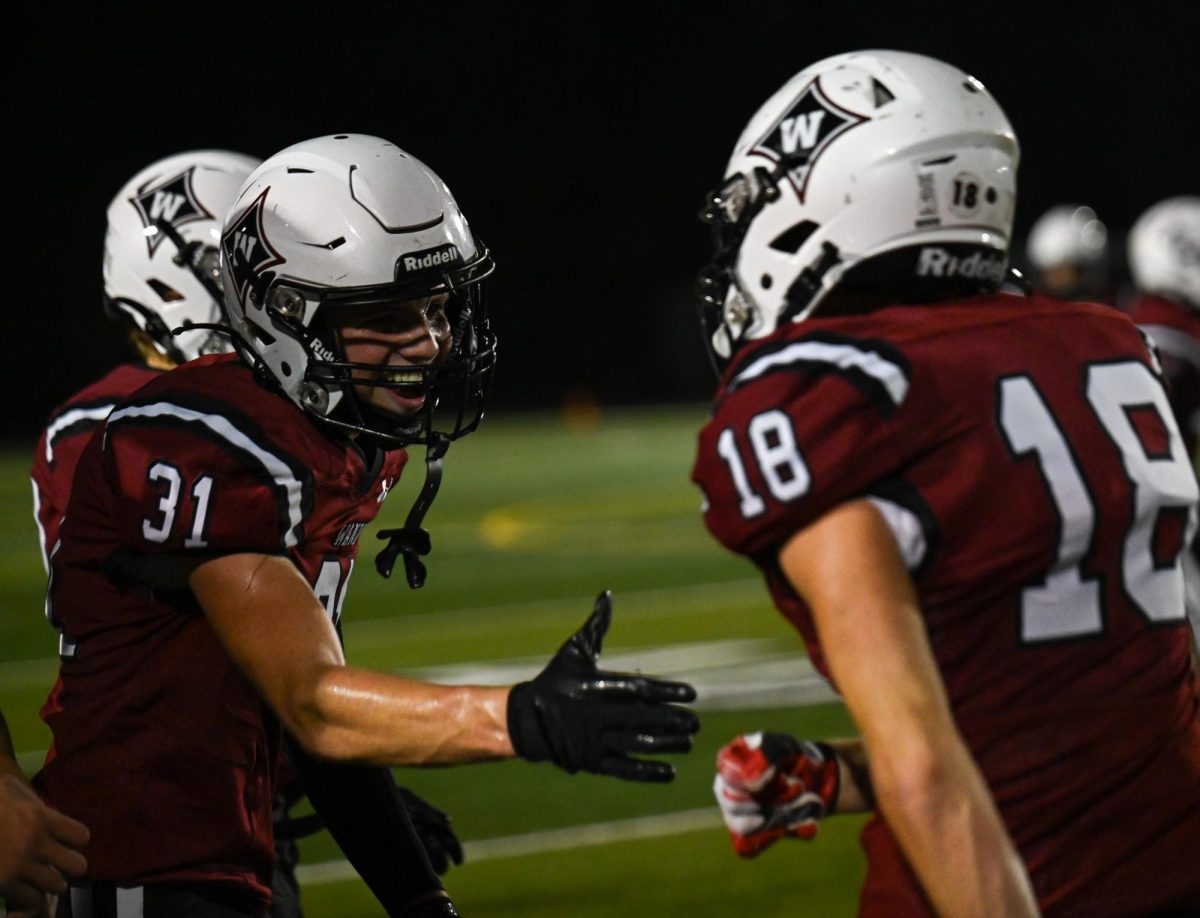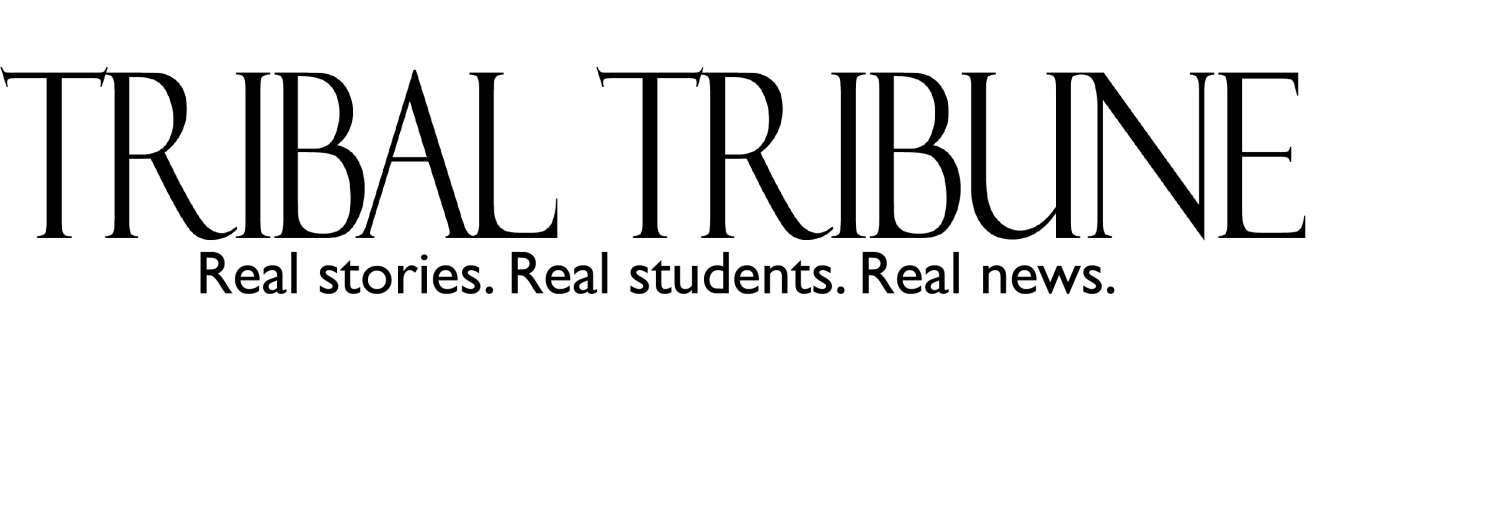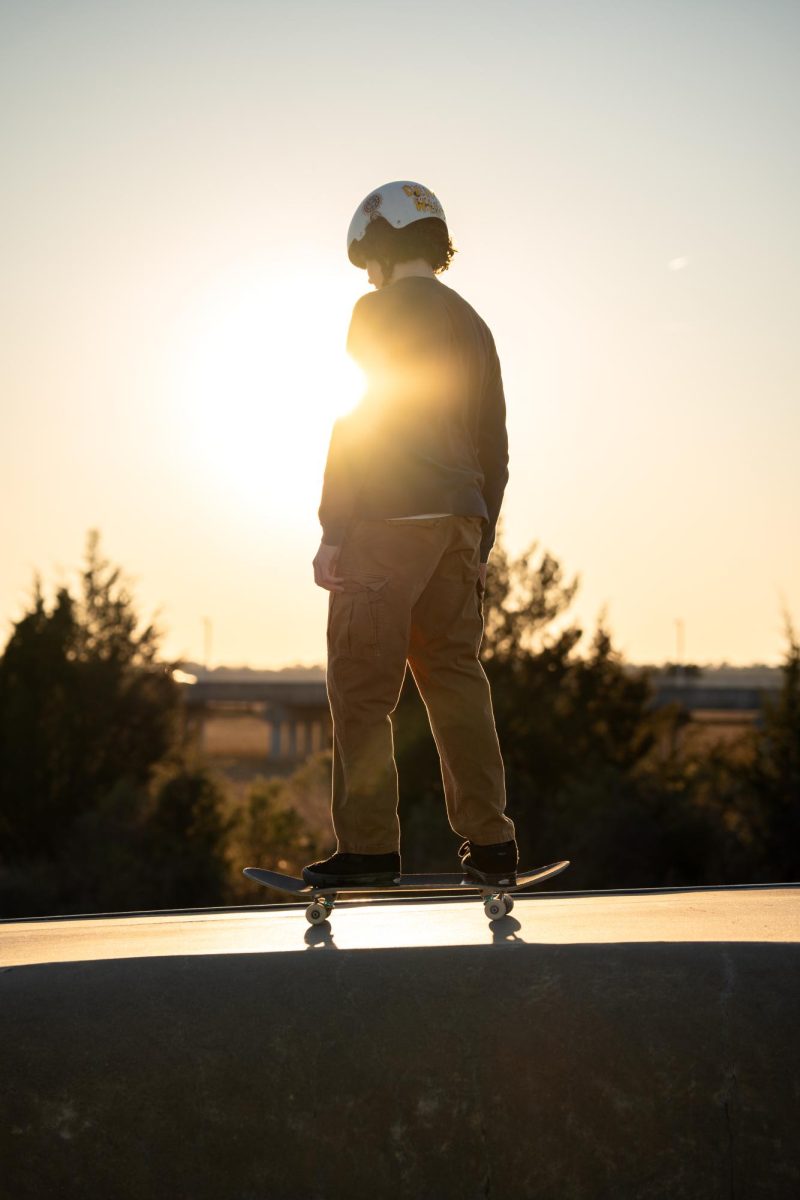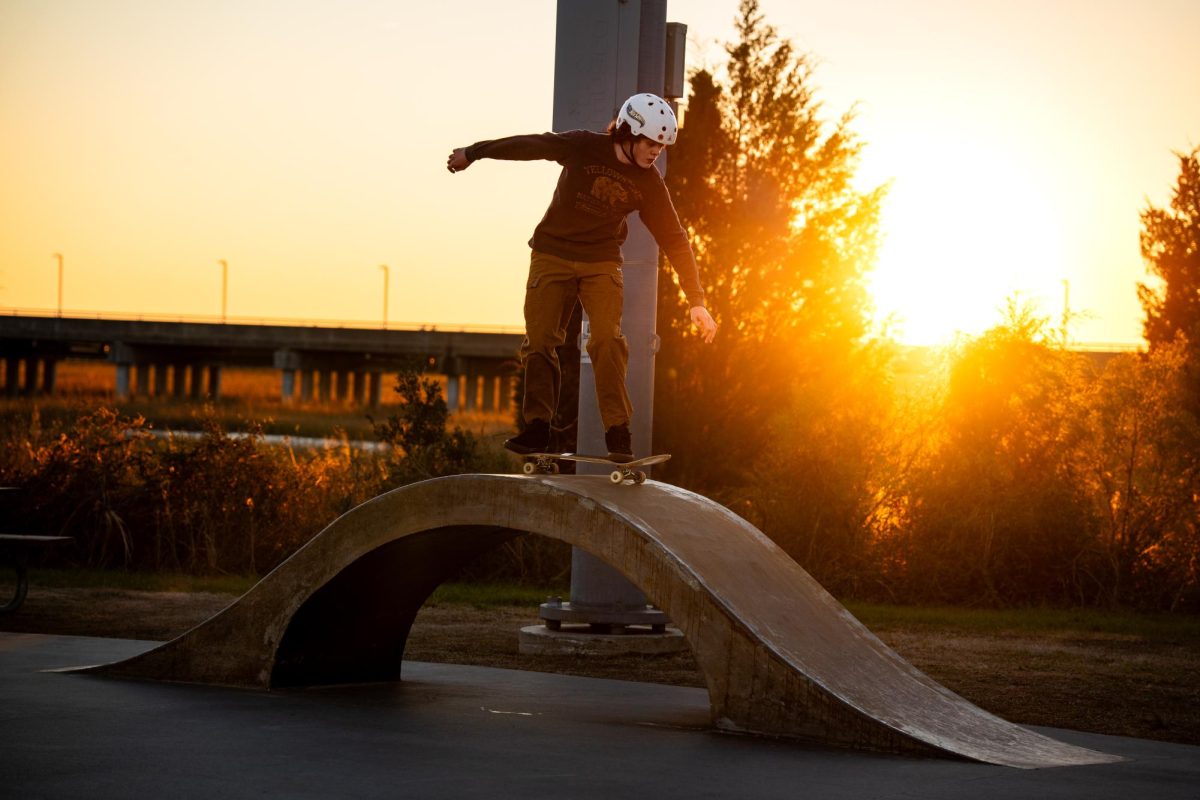It has been a rough day, but senior Hewitt Durand knows that the moment he sets his worn, but sturdy, baker skateboard and its weathered grey wheels onto the skate park’s cool concrete, that all his worries will dissipate.
Durand first developed his interest in skateboarding in his home city before moving to Charleston.
“I got a skateboard when I was an eighth grader, in 2020, and I was still living in Seattle, Washington, at the time, and I had just joined this band, right, and the bassist, he was a skateboarder,” Durand said. “It was around this time, too, I’d watched Back to the Future, and I don’t know if you’ve watched it, but there’s a scene where the Marty McFly is towed on the back of a like a car
and he’s… on a skateboard and I was like… that’s super cool, I wanna do that.”
Durand’s new hobby carried many mental health benefits for him.
“I will feel like a sense of calm when I’m skating, like I’m just like, I’ll put my earbuds in, I’ll just start skating around, doing tricks, and… it’ll relax me,” Durand said. “If I’m worried about anything [before]… It’s like whatever I was worried about will just… dissipate.”
Learning to skate in the midst of the pandemic also provided an escape from the problems caused by Covid-19.
“It can definitely be a stress relief, if you know what I mean… Like I remember in the pandemic… I couldn’t really talk to anyone. It [had] really been a while since [I had] seen a lot of my friends face to face and so… I used skateboarding as a way to forget that even for just like a few hours,” Durand said.
Durand used skateboarding as an opportunity to calm himself while also having the option to make some social connections after the pandemic ended.
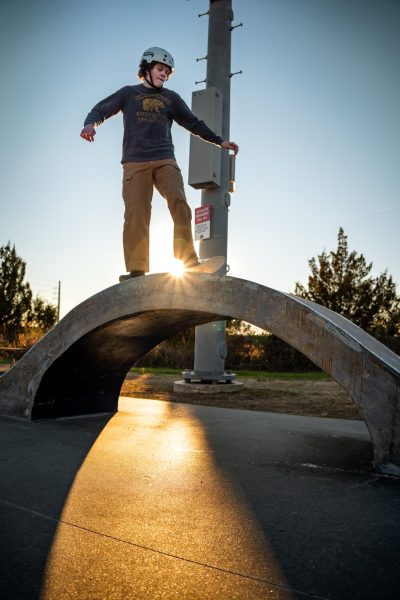
“My friend Jonathan, he’s graduated now, but Jonathan Lafortune… when I moved here, he’s one of the first skateboarders I met and we happened to have a lot of mutual friends, so like we just… kind of bonded,” Durand said.
Science teacher Joshua Driscoll understands that although it is a positive release, skateboarding certainly presents its challenges.
“[Learning] hurts. Like, you fall… everyone knows concrete hurts… there is a learning curve where you just get kind of broke off a little bit, trying new tricks, you know, you land on your tricks, your primo…you roll your ankles, you hit the ground,” Driscoll said, “I actually exercise so I can skate… I want to stay in shape to skateboard because the activity of skateboarding and pushing yourself and just pure resilience, like determination.”
Through the pain, success grows, and pride arises.
“I landed this trick last week and I’ve watched the clip back probably a hundred times, I was so proud of myself for landing it. I was so happy and I was watching like the frame by frame, like scrolling my finger to look at every
part of it. ‘Cause I was just… thrilled and [there is] a sense of accomplishment that comes with that,” Driscoll said. “That was the whole point. That’s why skateboarding is so much fun.”
Jake Lightheart, a worker at Sk8 Charleston, has gotten to see and teach all different types of skaters at the skatepark.
“Skateboarding… anyone can do it, like I’ve seen people of all ages, orientations, and skill level… I have friends that I skate with, some of them are in their late 40s, early 50s that skated their whole life and also some people at the park they’re in like middle school… it’s just crazy to see. Anyone can get into it and just take off with it,” Lightheart said.
Skateboarding can translate from the skate park to a skater’s life.
“[Skateboarding is] freedom… there’s no rules… I can’t walk down King Street in Charleston without seeing a ledge or like seeing a gap that I want to ollie… it just… unlocks [that] level of creativity… no one’s gonna tell you the right or wrong way to do really anything in skating, and I think that level of freedom is what carries over in the rest of your life,” Driscoll said.



